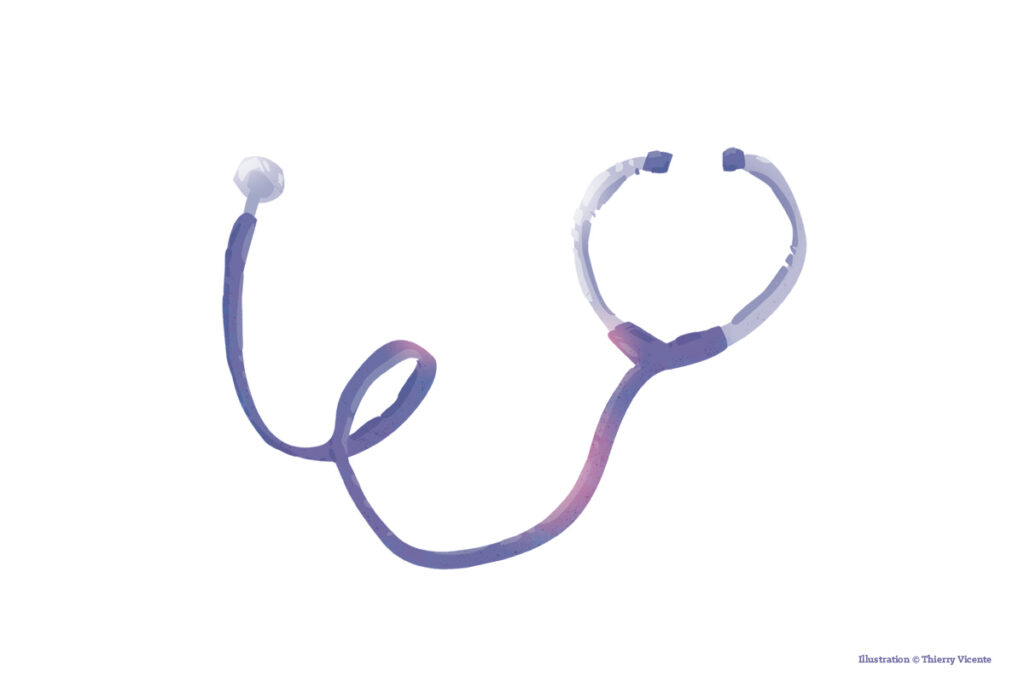[LUM#6] Non-pharmacological interventions: alternative treatments
A physical activity program to treat depression? Hypnosis to quit smoking? Non-pharmacological interventions (NPIs) are gaining credibility among both the scientific community and healthcare professionals. Is this the start of a revolution?

They used to be called alternative medicine, grandmother's remedies, or alternative therapies, a collection of vague terms that annoy Grégory Ninot. For this researcher at the Epsylon laboratory in Montpellier, it is time to dispel the confusion that has long surrounded therapeutic solutions whose effectiveness is sometimes known but never proven. "It was empirical knowledge, passed down from master to student without any real scientific evaluation or understanding of the underlying mechanisms. This led to beliefs and fads taking precedence over genuine science-based health practices," explains Grégory Ninot.
Abuses and dangers
The stakes are high, because these NIMs, which cover practices as varied as meditation, nutritional therapies, thermalism, connected health devices, physical activity programs, and preventive measures, represent a hope: that of a less unilateral, less invasive, and more tailored approach to treatment. However, this specialist warns: "NIMs are rarely alternatives, but rather complements to biological treatments" ( Public conference, Natural medicines, complementary medicines, alternative medicines: What are we talking about?). And there are countless examples of abuses. "In cancer in particular, it is often said that the use of dietary supplements will have a significant effect on recovery, but there is a lack of serious clinical studies. Some people recommend practices such as combat sports to prevent recurrence, again without any evidence... " Prudence is therefore required, even for practices that appear harmless at first glance: essential oils, for example, which can be toxic if a precise dosage is not respected (Non-drug intervention INM: a concept for ambiguities in alternative and complementary medicine, in Hegel, 2018).
The result: vulnerable patients being abused and credibility undermined. Hence the urgent need to separate the wheat from the chaff. This is precisely the objective of the CEPS platform in Montpellier, a unique structure in France funded by the State-Region plan contract and supported by the Montpellier Metropolis. Its mission: to help establish a consensus-based paradigm for evaluating and monitoring NMI. "We need to do what was done 50 years ago for drugs by creating a consensus-based clinical validation process. Today, there are 19 different procedures for NMI, which makes it impossible to compare their benefits, risks, and cost-effectiveness," explains Grégory Ninot (Ontology of non-pharmacological interventions, in Revue d'épidémiologie et de santé publique, 2018).
From treatment to prevention
Proving the effectiveness of NCDs would be a first step towards their reimbursement. Because there is also a financial stake: diets and adapted physical activity programs are NCDs that help prevent the onset of chronic diseases, which are particularly costly for society. These include diabetes, obesity, cancer, and cardiovascular disease, conditions that are clearly on the rise and now account for 63% of deaths worldwide.
Find UM podcasts now available on your favorite platform (Spotify, Deezer, Apple Podcasts, Amazon Music, etc.).